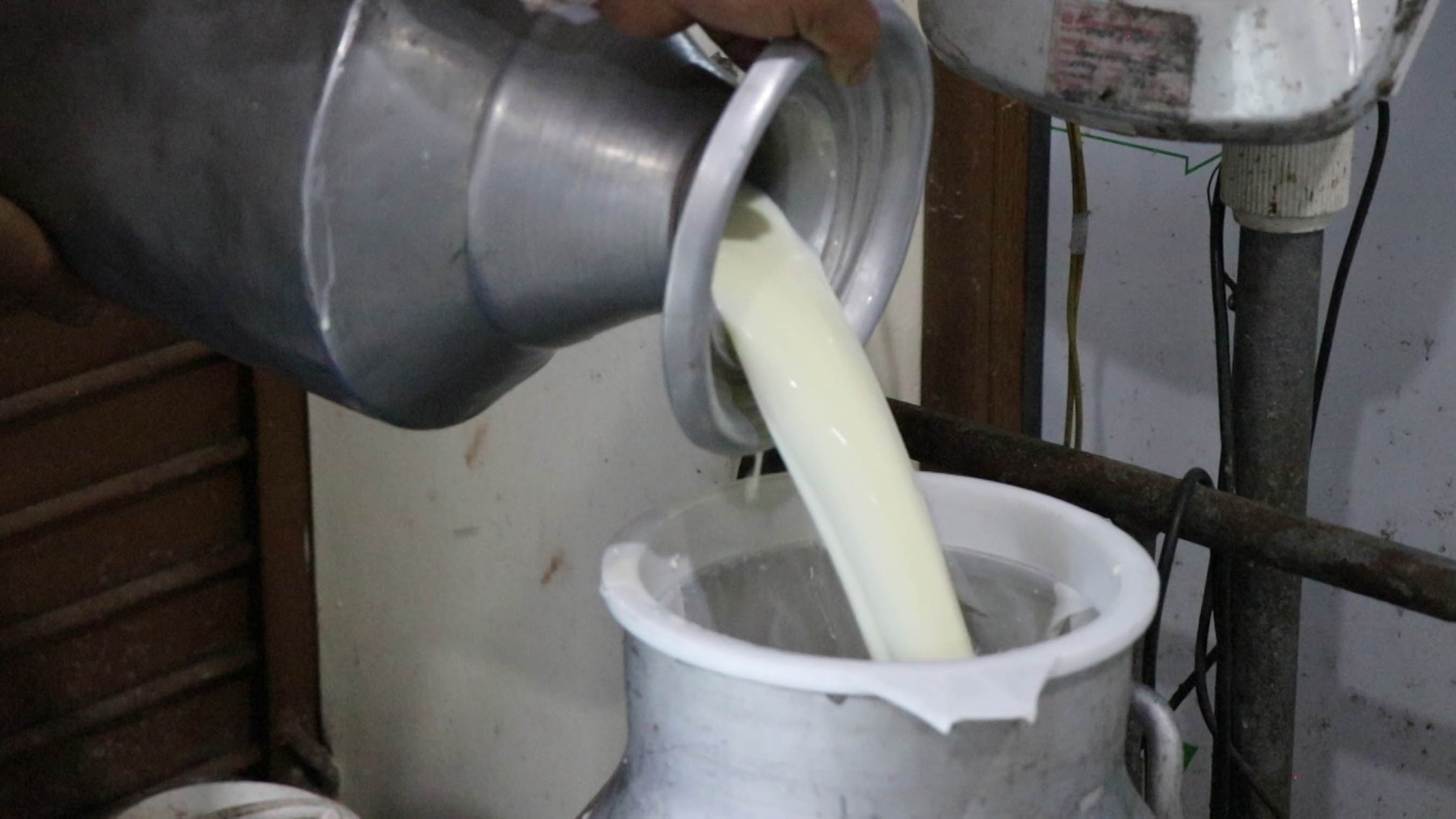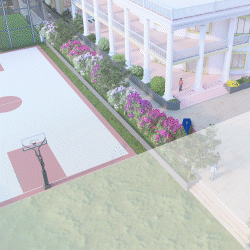Commercial cultivation of raktchandan and srikhand is expanding
We use Google Cloud Translation Services. Google requires we provide the following disclaimer relating to use of this service:
This service may contain translations powered by Google. Google disclaims all warranties related to the translations, expressed or implied, including any warranties of accuracy, reliability, and any implied warranties of merchantability, fitness for a particular purpose, and noninfringement.


The commercial cultivation of blood sandalwood and Srikhand, which are valuable plants, has started to expand in Kanchanpur. Commercial cultivation started in Nepal for the first time 8 years ago in Bhimdatta Municipality-3 Bhasi of Kanchanpur by planting blood sandalwood and srikhand saplings on 7 kattha land and expanded to 1 bigha 2 years ago.



In the first phase, India from Bangalore Bringing sandalwood seeds and preparing wrapping in the nursery In the year 2073, the commercial cultivation of rakchandan and srikhand started . Bijayraj Pant, the founder and owner of Nepal Chandan Pvt Ltd, involved in the cultivation of valuable plants, said that out of the 300 plants planted 8 years ago, only 100 plants have grown and reached salable condition.
The forest administration recently decided to cut more than 100 trees with a diameter of 1.5 to 2 feet out of the 300 planted in the first phase. Pant informed that permission has also been given. "It takes 18 years to prepare a salable adult tree of blood sandalwood, but since the trees planted in the first stage are in waterlogged land, we have taken permission to cut them when they start to dry," Pant said There are 4 levels of sandalwood, A, B, C, and D.
He says that high-quality sandalwood wood that has passed 18 years of age is produced, while low-quality wood of third and fourth levels is produced from younger trees. "But for sale at a good price, the tree must wait 18 years to become fully mature," he said.
Registered in 2071, Nepal Chandan Pvt. After the law Manager Pant says that in 2074, permission was obtained for the commercial cultivation of Rakchandan, Shrikhand and Agar Ud (similar to Shrikhand) plants. He said that he had taken the land of local Narendra Bohra on lease and started sandalwood cultivation business in Sajhdari. In the second stage of

, more 1 In the morning, he informed that he had taken a lease and expanded a large business. Pant said that 4 lakhs have been invested so far in the first phase and 15 to 20 quintals of sandal wood is expected to come out of 103 trees that are going to be cut if customers are found. Adults over 18 years of age He informed that up to 4/5 quintal of sandalwood can be produced from one tree.
Due to the fact that there is no commercial cultivation of sandalwood with legal permission in Nepal, The price of blood sandalwood, srikhand and agarwood has not been maintained. It is smuggled from India and enters Nepal and most of the sandalwood from Nepal Experts say that there is smuggling in China. According to the information given by those who are currently in jail for being involved in smuggling, blood sandalwood smuggled from India to China sells for up to 12,000 per kg.
There are Rakchandan and Shrikhand trees in different parts of Nepal. According to Pant, some people do not know about these precious plants. Srikhand is mostly produced in Pyuthan. Shrikhand is also found in Juju Community Forest of Bajhang. It is mentioned in the records of the forest office that 21 thousand kilos of Srikhand produced in Nepal last year were sold.
Two years ago, Nepal Chandan Pvt. 1000 saplings of sandalwood, srikhand and agarwood have been planted. The seeds are brought from Bangalore, India and prepared for planting in the nursery. About 35 thousand plants have been produced in the nursery.
"But what can be done, it is not sold, I have run to the government, non-government and local levels, no one is ready to buy," said Pant. According to him, every year government agencies and local level have been buying plants of other species in large quantities, they are cheap and they are busy with mission . The price of sandalwood seedlings produced in local nurseries is as much as 250 per bushel.
Raktchandan, who grew up in Kanchanpur's Bhasi, tells the story of not finding a customer to sell after cutting sandalwood. He said that at the latest stage, the sale of Baidyakhana in Singhdarwar has progressed. Pant said that there is a demand for Rakchandan as it is used in some Ayurvedic medicines.
The owner of Nepal Chandan Pvt. Ltd. Pant says that he is continuing to spread the message that the commercial cultivation of sandalwood is legal and can generate good income from it. He said that it can be cultivated commercially within the country, besides controlling illegal imports from India, farmers can earn a lot of income.
 प्रकाशित : असार १३, २०८१ १९:३०
प्रकाशित : असार १३, २०८१ १९:३०

 २४.१२°C काठमाडौं
२४.१२°C काठमाडौं





















